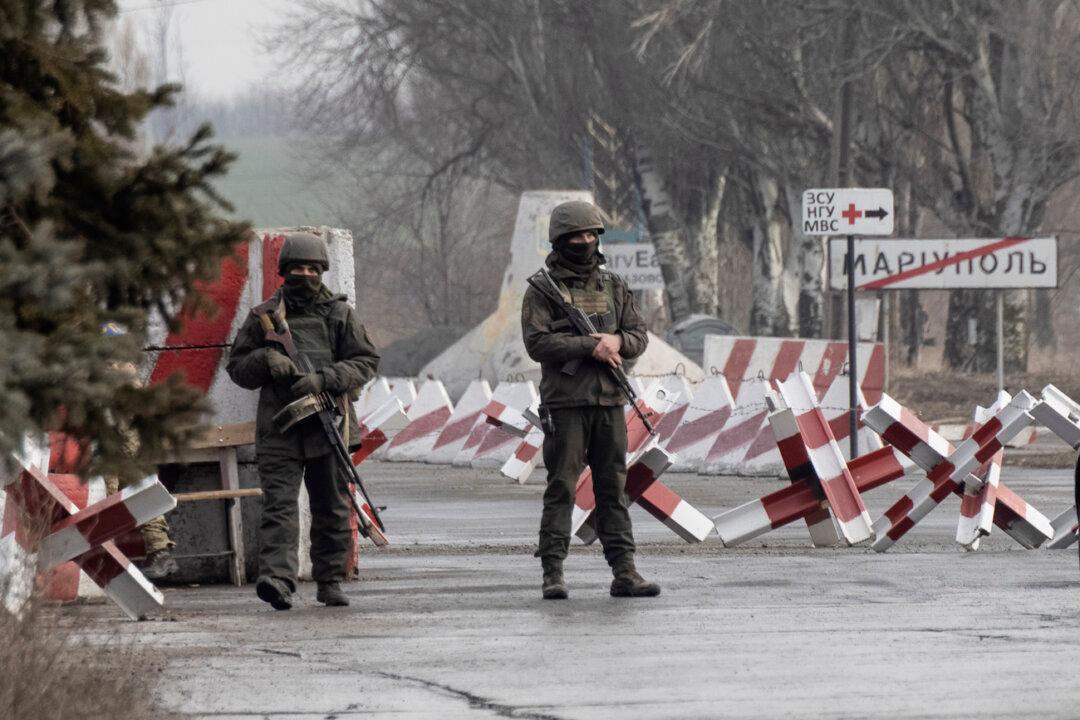Commentary
Imagine this frightening scenario: It is the first day of the Beijing Winter Olympic Games and pro-Russian separatists in Eastern Ukraine have begun firing on Ukrainian government forces.

Imagine this frightening scenario: It is the first day of the Beijing Winter Olympic Games and pro-Russian separatists in Eastern Ukraine have begun firing on Ukrainian government forces.